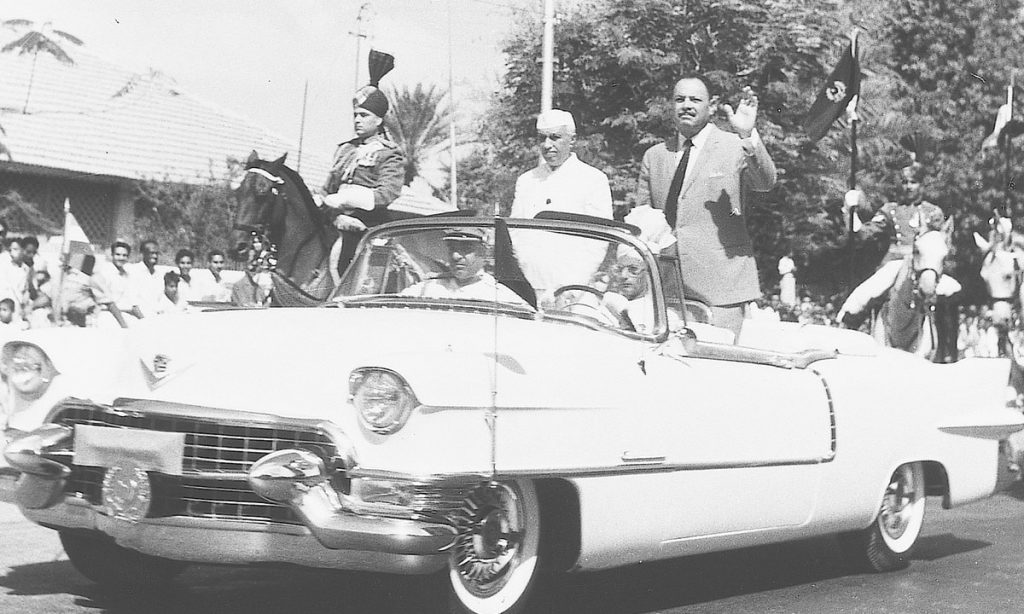A PIL has been filed in the Supreme Court challenging the constitutional legality of the Indus Valley treaty. The PIL has been filed by a Delhi-based lawyer on the grounds that the treaty was not signed by the then President of India. It is a water-sharing arrangement signed which was signed by the two sides on September 19, 1960, in Karachi.
The grounds of contention include the fact that then treaty was signed by the then President of Pakistan Ayub Khan and Jawaharlal Nehru, who was then Prime Minister and not the head of the state at that time.
It covers the water distribution and sharing rights of six rivers – Beas, Ravi, Sutlej, Indus, Chenab and Jhelum. The agreement was brokered by the World Bank and was signed because the sources of all rivers of the Indus basin were in India. It allowed India to use them for irrigation, transport and power generation, while laying down precise do’s and don’ts for India on building projects along the way.
Pakistan feared that India could potentially create droughts in case of a war between the two countries. A Permanent Indus Commission set up in this connection has gone through three wars between the two countries without disruption and provides a bilateral mechanism for consultation and conflict-resolution through inspections, exchange of data and visits.
In the aftermath of the Uri terror attacks, the Centre has called a high-level meeting today to review the Indus Waters sharing treaty with Pakistan. PM Modi will meet relevant officials from various ministries , including External Affairs and Water Resources.


















